Nature reports
Page 30 of 68 - 676 Results

Soil provides a variety of services that are indispensable to life on Earth. The global decline in soil quality is therefore a major concern. One solution may lie in the hands of tiny organisms that can direct ecosystem recovery:..
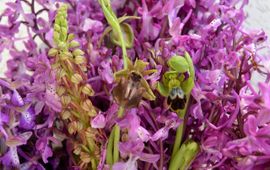
Orchids are legally protected, but these plants are still widely traded illegally. A new online search engine from Naturalis shows how and where wild terrestrial orchids and their products are sold around the world. Online trading..
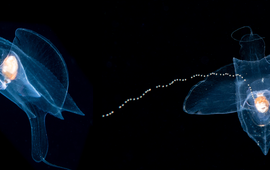
Cymbulia peronii is a sea butterfly that occurs in large numbers in the deep sea throughout the world. This unusual animal has been nominated for the ‘Mollusc of the Year 2022’ election. If this species gets the most votes, its..
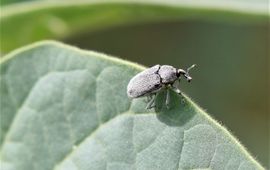
Two recently published studies document 35 new beetle species for the islands of Saba and Sint Eustatius. Even with these latest additions, it is still estimated that nearly three quarters of the beetle population is still..
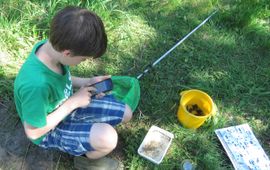
Measuring biological water quality by volunteers has an added value to monitoring by professionals. It helps to obtain a fuller picture of water quality in Dutch ditches, streams, ponds and canals. ..
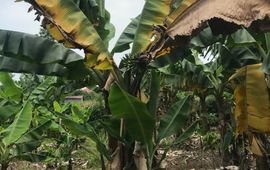
Fusarium oxysporum f. sp. cubense (FOC) is a fungus found across the world, and various of its races are hitting the banana industry hard. This has major consequences in Vietnam, in particular, where the new FOC-TR4 race is taking..
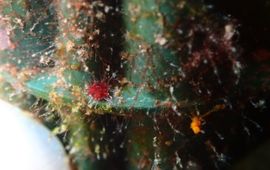
Diadema sea urchins play a vital role in maintaining a balanced coral reef ecosystem and their restoration is essential to assist recovery of the degraded coral reefs around Saba and Sint Eustatius. A research by University of..

This year the Saba Conservation Foundation (SCF) became the new tenant of an old power plant at the Fort Bay harbor of Saba. SCF is planning and searching for funds to convert it into a Marine Research Station. The facility will..
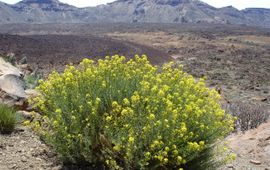
Plants collected more than a century ago are still important to science. Naturalis researchers are using these to construct a family tree of plant life...
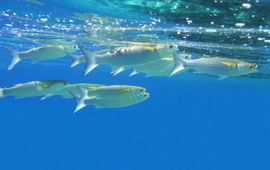
Year-to-year fluctuations in seawater temperature are partly responsible for the much slower ups and downs in the abundance of marine fish stocks. This is the conclusion from a worldwide study conducted by Wageningen University &..
